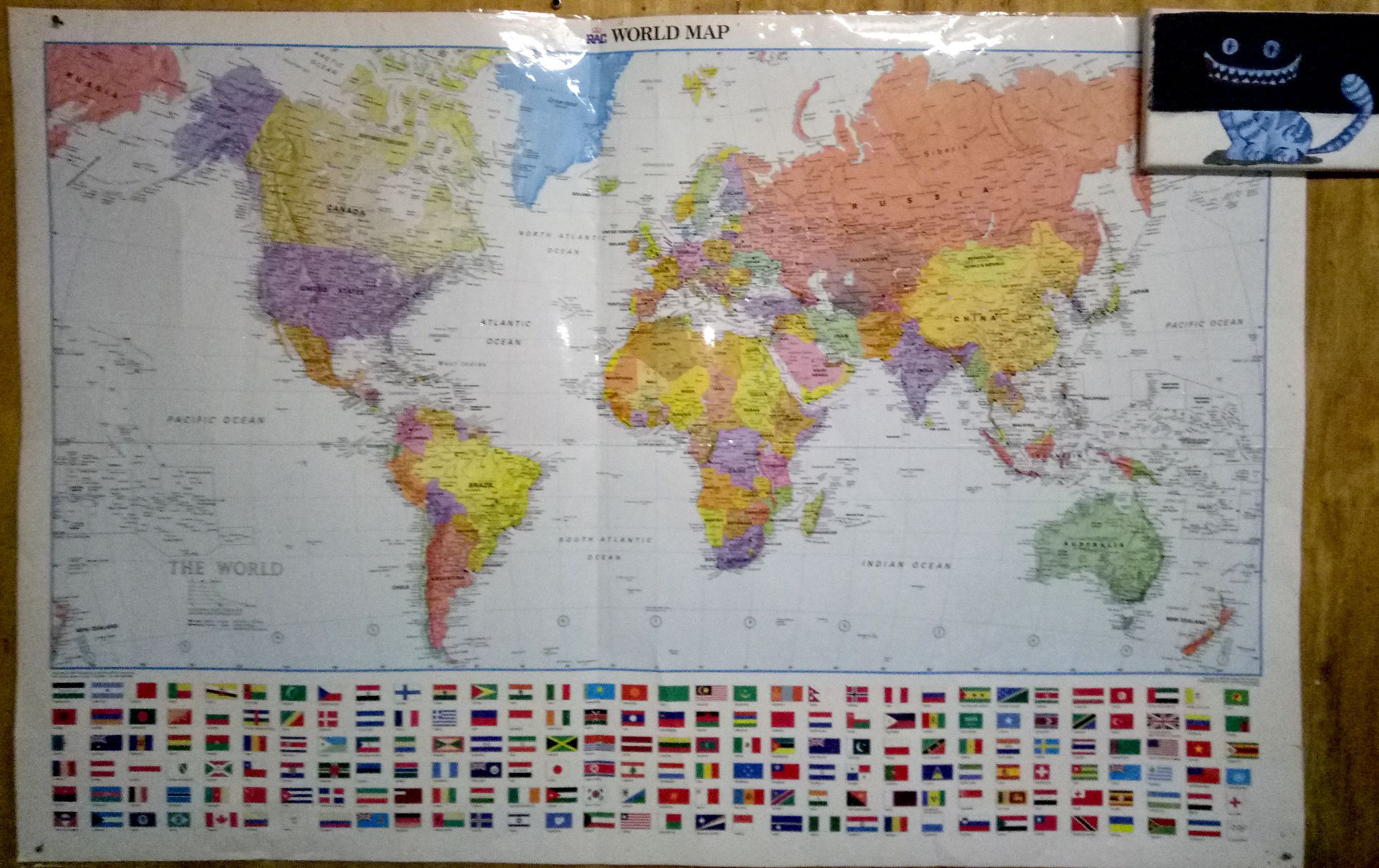Language blog #002: Learnign 6 languages at once. My First words.

한글:にほんご :Bahasa Indonesia : Lengua Espanola:Langue Française:Deutsche Sprache
My previous language blog HERE I focused on why I am trying to learn 6 languages at the same time, to keep myself motivated and for more practice, I will attempt regular updates.
I have been procrastinating a lot with my actual language learning, but when I procrastinate I do things like watch videos and do research on how to learn more effectively. One of the conclusions I have come to is the fastest way to learn any language, is to just start using it as much as possible. The actual fasted method of all is travel to the chosen country and use the "zero English" rule. I don't have this luxury and the whole plan is to learn the languages before traveling to improve the overall travel experience.
I has taken me quite a while to get my PC configured to easy input multiple languages, in the past few days since I achieved that my reading ability has improved greatly.
I still believe my system of building an effective vocabulary using the word list I have researched will make this whole process much quicker. Today I have included the first 59 out of 300(ish) words. I expect there to be many errors in my list, the next phase should help correct that.
Writing these over and over again gets boring pretty quick, so the Idea will be to use each word in a short sentence and start to write my own dictionary as such.
I will post up the full word list, it turns out typing it up is waaaaaaaaay slower than writing it by hand as I usually do. I have seen Language learning videos suggest there is no point writing characters by hand as you will probably never need to do it in real life when you can type, but I am confident that manually writing helps remember them quicker.
My blog followers will have noticed I have started writing some of my posts in dual languages. This is also for practice, the goal is to use these languages as much as possible and the response and encouragement from the community so far has been amazing.
Besides learning these vocabulary words, I have also started listening to language lessons when I drive(It take me about an hour to get to the city , the perfect amount of time for a lesson)
Currently I am listening to "Learn Japanese, the michelle thomas method" its just speaking, so perfect for when I am driving. Free on youtube if anyone is interested. Also have to recommend Presley from act out games (also on youtbe), at age 7 she explains the basics of Japanese grammar better than anyone else I have ever seen.

If anyone reading wants to learn any language that doesn't use their native alphabet, I highly recommend learning it as one of your first steps. I can reasonably read things written in Korean, although I cant translate the words yet, but learning the characters was actually quite easy, fun and keeps me more engaged with the language. Before I could read them, the words were just wasted learning opportunities.
Here is the magical list... well the first part of it. Putting this together I did realise a few problems. As the list is based on research for English speaking children there are both unnecessary words and mistranslated words, Slide for example, could mean the playground equipment or motion. Same issue with rock. I am hoping short sentences with context will help fix this. I am hoping to be able to have quite complex conversations using the full 300 words and some basic grammar lessons from each language. For now I am happy with the improvements I am making, It seems the number one reason people fail at language learning is they stop trying to learn.

Thanks for reading, more of the list and what to do with it in the next installment :)
Hi! Sorry for not commenting before, I have been kinda busy, I hope my comment is useful for you.
I read your list and there are more meanings you can add to some of the words you have in Spanish.
Fix – arreglar.
Play – reproducir.
Hurt – herir.
Stand – pararse.
Blow – soplar.
Swing – Columpio (the game form the park).
Slide – deslizar (the action), toboggan (the game from the park).
Rock – Roca.
As for English I have learned that you “see” things that are steady, for example you see the table, you see chair. As for “watch”, you watch things in movement, for example "you watch a movie", "you watch the waves crashing to the rocks". And as for look, you look things closely, for example "you look the details of a fabric".
In Spanish, we have “ver”, “mirar” and “observar”. We use ver for things you see, but you don’t play much attention, for example "Tú ves personas a tu alrededor" (you see people around you). As for mirar, you pay more attention to seeing things, for example "Tú miras a una persona cuando hablan" (you look to a person when you talk). As for “observar” (observe), you pay closely attention, so you “ves” and “miras”, "Tú observas como actúa las personas" (you observe how people act).
Extra: Tú with an accent mark it means you, tu without accent mark it means your.
If you want it resteemed to my 33,200+ followers, go here: @a-0-0